Vitamin C vs kojic acid – which is more effective when it comes to skin lightening?
You have a number of choices when it comes to treatments for hyperpigmentation (patches of dark skin). Whether you opt for hydroquinone (the gold standard for skin lightening) or choose to go with a botanical, plant based treatment, the choice for these agents grows each year.
How do you choose when it comes to Vitamin C vs kojic acid?
Both ingredients are supported by clinical studies that demonstrate their efficacy in lightening skin. Vitamin C as magnesium ascorbyl phosphate, L-ascorbic acid and various other forms has been shown to inhibit melanin production in concentrations 5% and higher leading to brighter skin tone. It isn’t easy to find adequate concentrations of Vitamin C for skin lightening so read labels carefully. Kojic acid, derived from the manufacturing of sake (rice wine), inhibits melanin production. It is unstable if not formulated correctly, so stick to reputable brands.
Skin lightening tends to respond best to a combination of ingredients, all targeting various processes that lead to hyperpigmentation. For this reason, you may obtain better results using a blend of products including the following:
- Retinol as found in Green Cream increases skin cell turnover helping to shed unhealthy pigmented ones for newer, healthier skin
- Alpha hydroxy acids exfoliates dead skin cells assisting with the penetration of skin lightening agents
- Sunscreens as found in Anthelios sunscreen which help to block further melanin production that leads to skin discoloration
So when it comes to Vitamin C vs kojic acid, you may wish to consider instead, Vitamin C AND kojic acid. The combination (as long as your skin can tolerate it) is sure to be more effective than either one alone. For even better results, consider adding in some of the ingredients above.

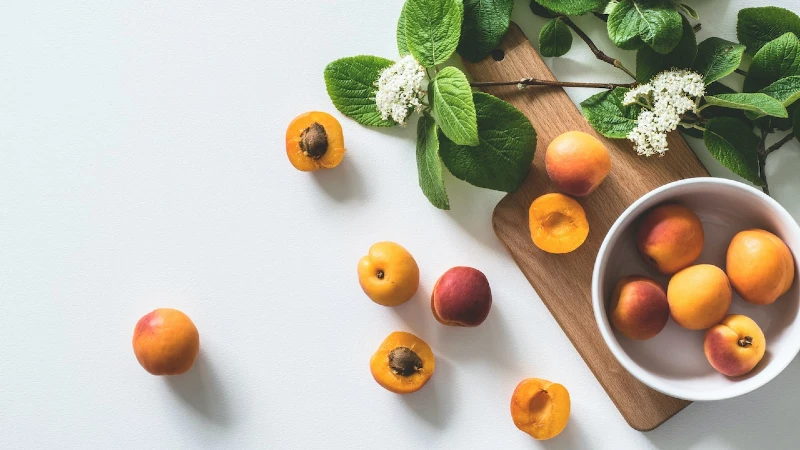
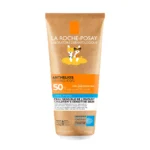
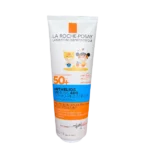
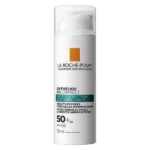
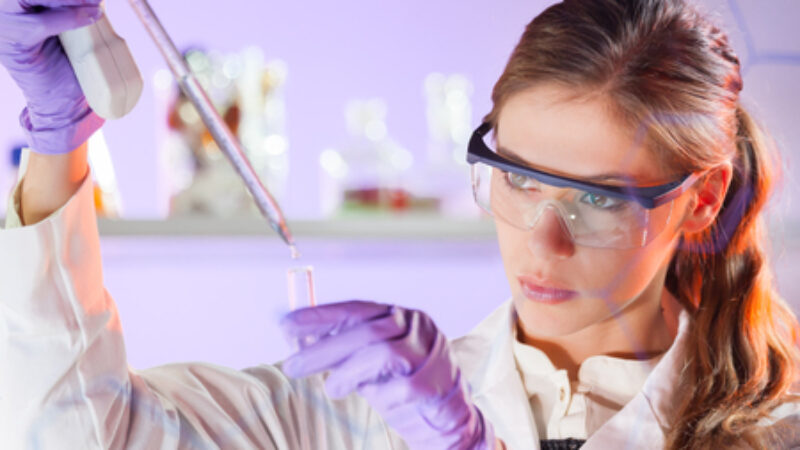


We cab also use peel of orange and lemon if we want to lighten our skin. It is a useful home remedy .